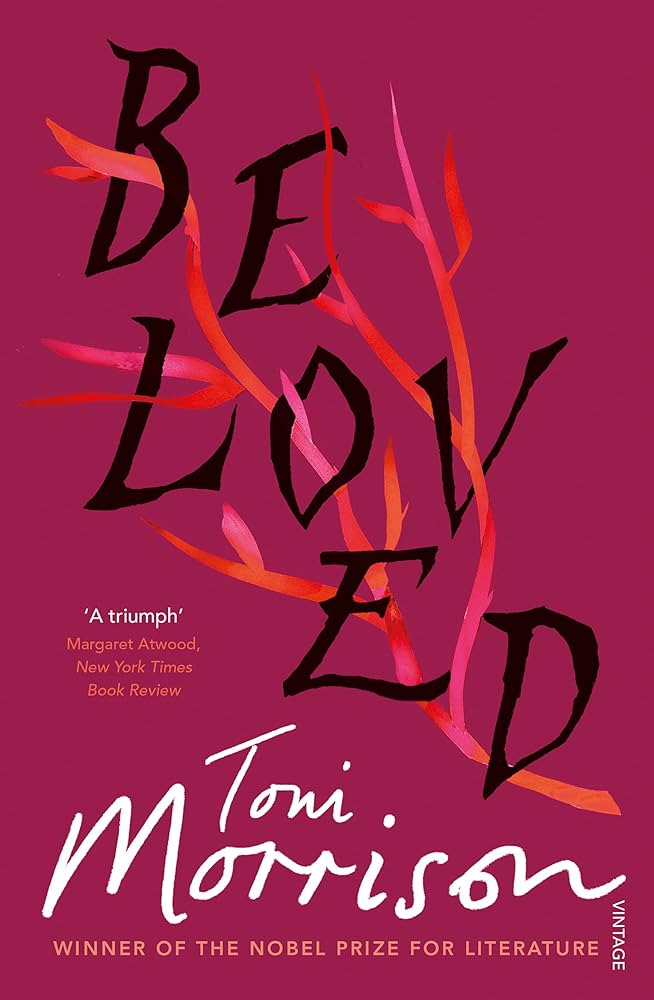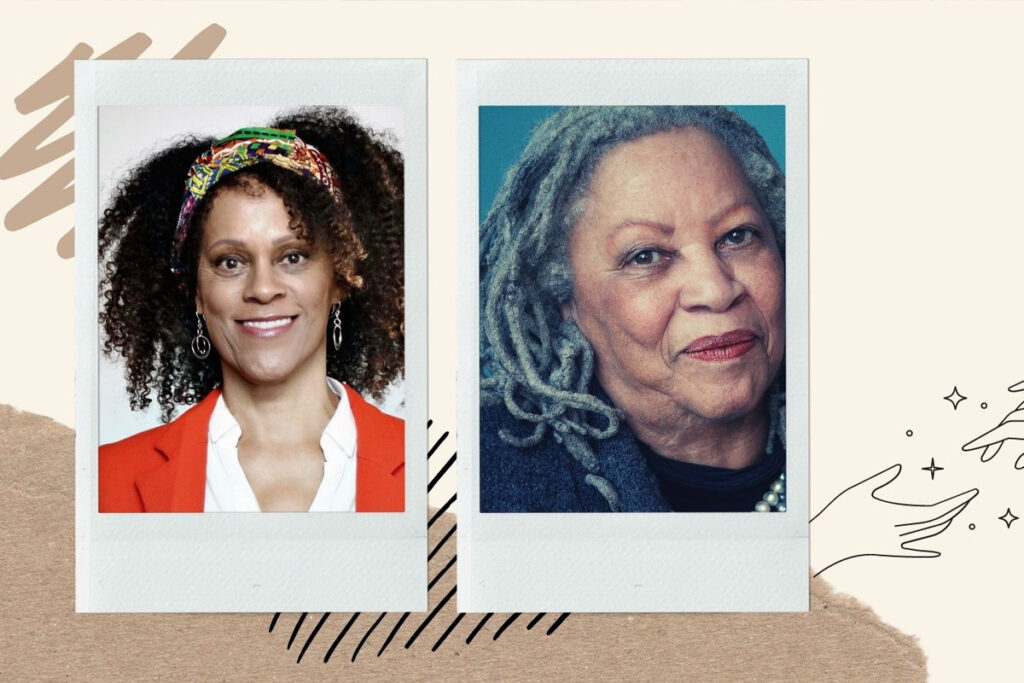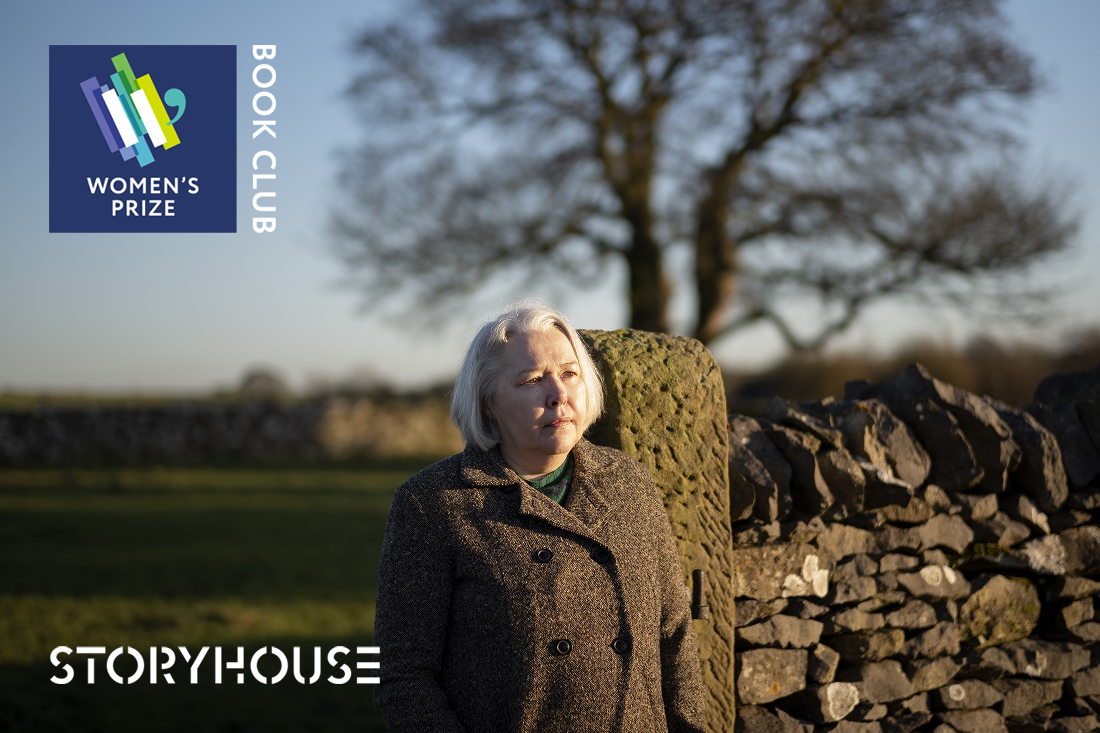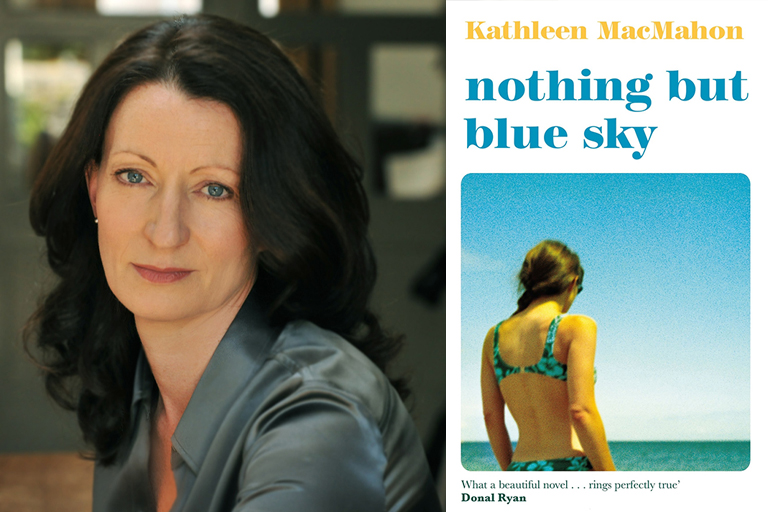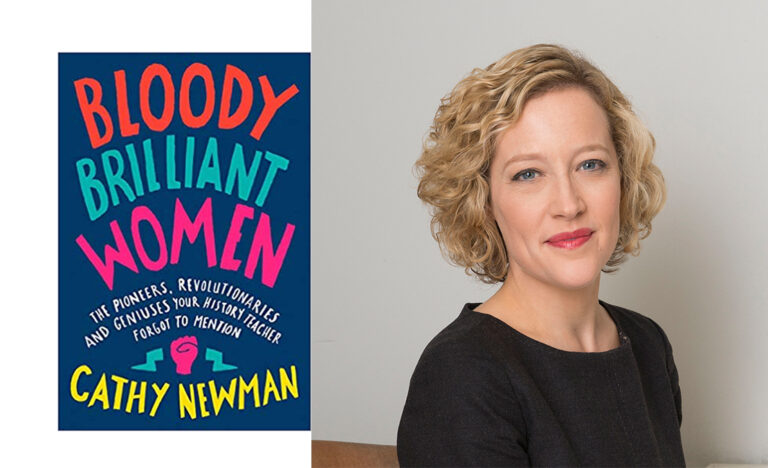Today would have been the great author Toni Morrison’s 91st birthday.
To celebrate Toni Morrison‘s incredible legacy, Vintage Books have published a set of new editions of some of her most loved work. As part of this new collection, 2021 Women’s Prize Chair of Judges Bernardine Evaristo has written an introduction to Toni Morrison’s masterpiece Beloved.
‘When I view the world, perceive it and write about it, it’s the world of black people. It’s not that I won’t write about white people. I just know that when I’m trying to develop the various themes I write about, the people who best manifest those themes for me are the black people I invent.’ – Toni Morrison
How inspiring it was for me to hear those words from an elder who was validating black voices in literature. When Morrison and her generation proudly proclaimed their black, female identities, they empowered their younger sisters over the pond to do the same.
The vast Atlantic lay between me and my lodestar, but Morrison was instrumental in my own development as a young writer and became a role model. She interrogated cultural memory and society through fiction that delved into and encapsulated African American psyches and strategies for survival, while blending a supreme mastery of craft with psychological complexity and uncompromisingly political writing. Her books were the gold standard. At first I aspired to write like her, a typical rite of passage when we want to emulate those we most admire, and inevitably fall flat on our faces because our writing is derivative, a pale imitation of the real thing.
We should acknowledge that writers’ sensibilities don’t just appear out of beloved nowhere. We are moulded by our circumstances. With this in mind, Morrison’s practice came out of her childhood, country, culture, generation, era, educational background, religion, dialect, idiolect, literary influences and oral tradition – including the African-American folk tales her parents told her and the songs they passed on – and her imagination, emotional literacy and intellectual curiosity.
A life, in fact, that bore little relation to my own upbringing as a black Londoner thirty years her junior. How could I possibly recreate her genius? She was inimitable. What I eventually came to understand is that, instead of trying to imitate our literary heroines, we need to learn from them the importance of cultivating our own practice and aesthetics; to create a unique literature generated by our own individuality. One such example is that, while I could never write like Morrison, I did learn, or perhaps absorb, that she didn’t write perfect English in her novels.
Not for her those perfectly modulated, grammatically correct sentences that are sometimes seen as the zenith of great writing, at least in the UK. Instead, she wrote what I call ‘interesting English’, employing a narrative style that subtly echoed the cadences, syntax and orality of her own culture, and slipping into the vernacular of her characters when appropriate. The lesson I learned from her as a young writer was that I did not have to adhere to any literary traditions that alienated me, but could do my own thing.
